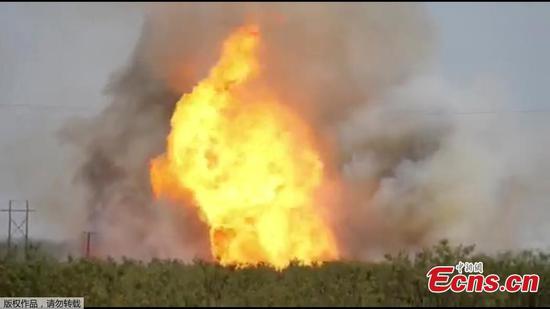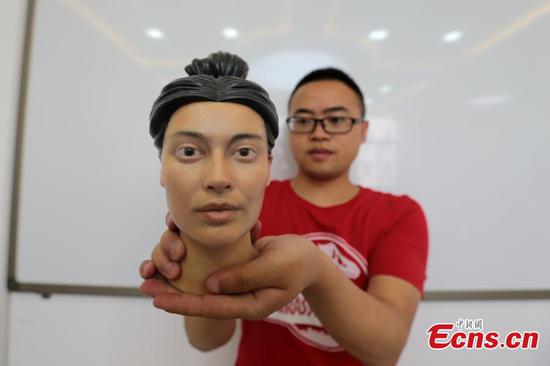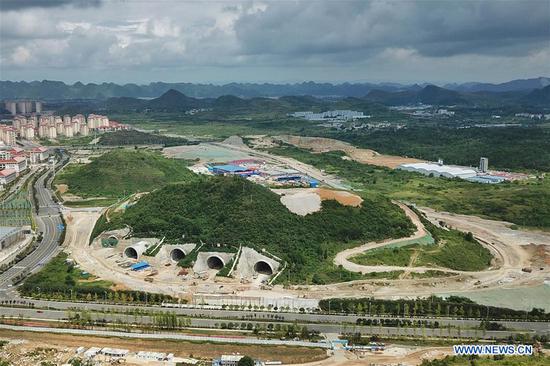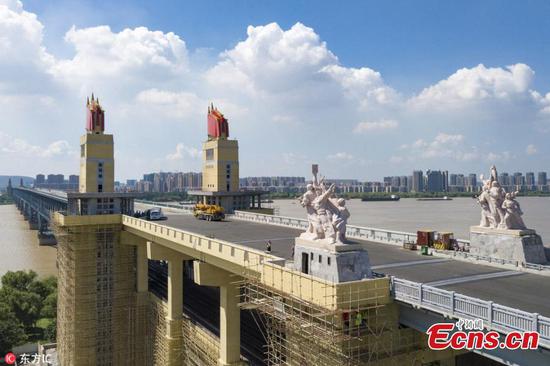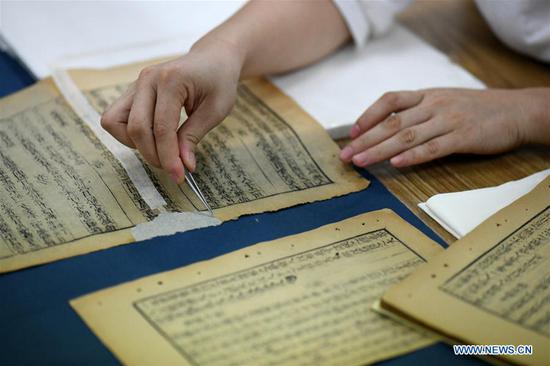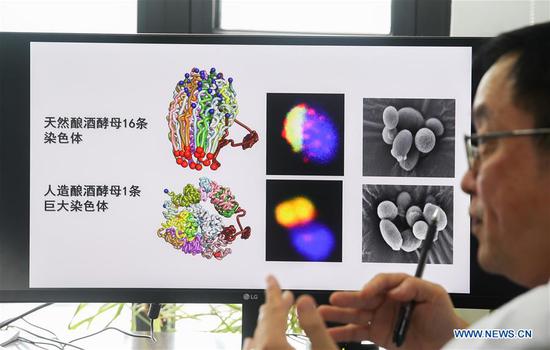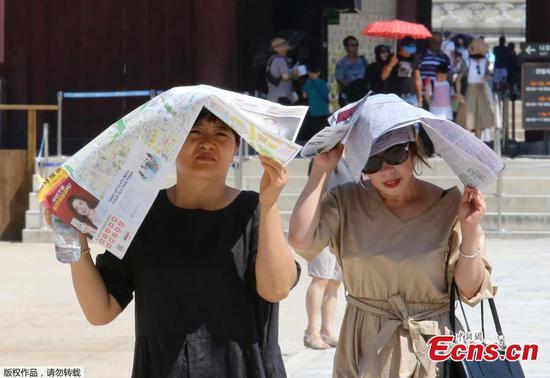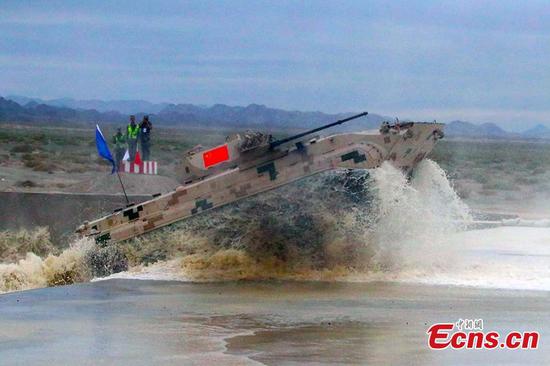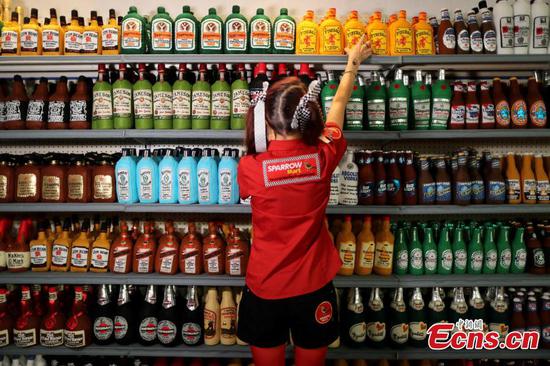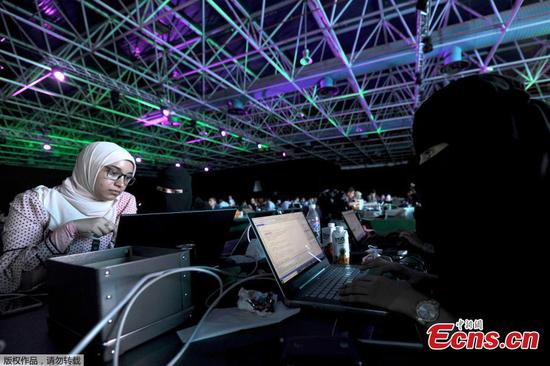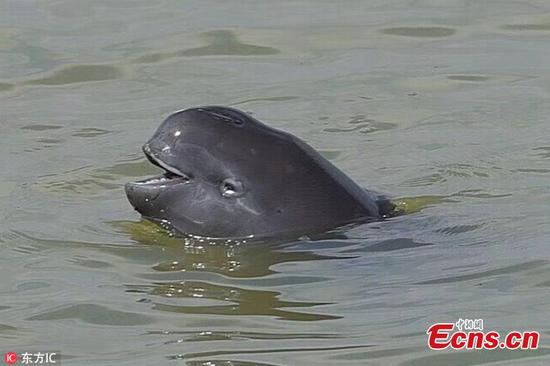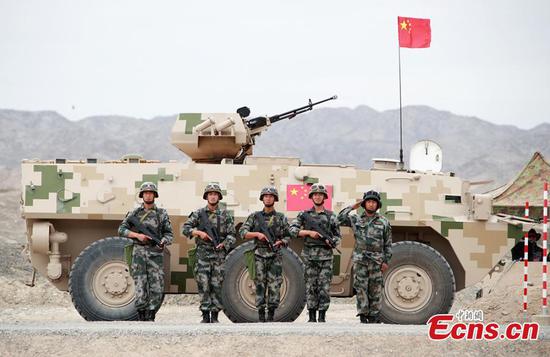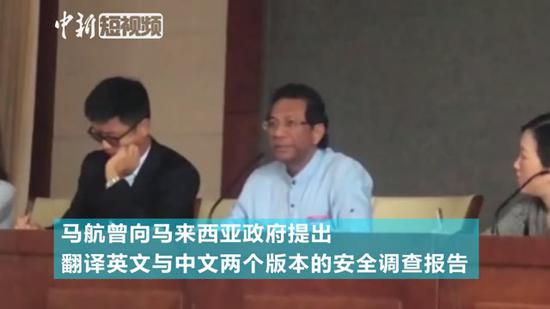China's financial sector could contribute more to stabilizing economic growth, amid a better balance with risk control, to create new growth engines and boost domestic demand, according to a Cabinet-level meeting.
The latest meeting of the State Council Financial Stability and Development Commission, chaired by Vice-Premier Liu He, highlighted improving efficiency of the monetary transmission mechanism — a way to influence economic growth through changing some monetary policy variables — to strengthen economic growth in the second half, according to a statement released on the State Council's website on Friday.
The monetary transmission mechanism could be improved by adjusting bank lending rates, asset prices, market expectations and exchange rates. The final target is to channel more cheap funds, quickly and more easily, to some key areas such as manufacturing, high-tech and small-scale businesses, said economists.
One of the key tasks in the next couple of months will be to encourage financial institutions to better serve enterprises, especially small and micro-sized ones, the statement said. Financial institutions will be required to put more focus on credit policy, but the total money supply should be "well managed", it said.
China's financial sector is generally stable at the moment, after some risky activities have been reined in, including cases of rapid, less-regulated business expansion and illegal fundraising. The macro leverage level has been stabilized with a change of market expectations and improvement of financial institutions' compliance, the statement said.
More proactive and targeted measures could be introduced against challenges rising from external uncertainties, the meeting warned, assessing that China is still in a period with high and long-term accumulated potential financial risks.
The commission, which was established in November last year with the central bank dealing with its operational work, was given the mission of preventing financial risks and improving financial reforms through coordinating monetary, fiscal and industrial development policies.
In terms of fiscal policy, treasury bond issuance, tax cuts and government-backed financing guarantee could be used as measures to coordinate with monetary policy and support economic growth, the commission suggested.
It also decided to continue to crack down on illegal financial activities and institutions, stick to structural deleveraging and improve balance of international payments.
Signals released by the financial regulatory body suggested a shift of emphasis by policymakers, which is in line with some earlier official announcements from a series of top-level meetings, in an effort to boost domestic demand and bolster support for the real economy, said Louis Kuijs, head of Asian economics at the think tank Oxford Economics.
"But the leadership do not imply a major shift in the macro stance toward significant stimulus and/or the end of the deleveraging campaign," Kuijs said.
To prevent a too-tight financial environment during the deleveraging process and ensure adequate liquidity, targeted and moderate monetary easing is likely in the second half, including one or two further cuts of the banks' reserve requirement ratio, said Lian Ping, chief economist of the Bank of Communications.











